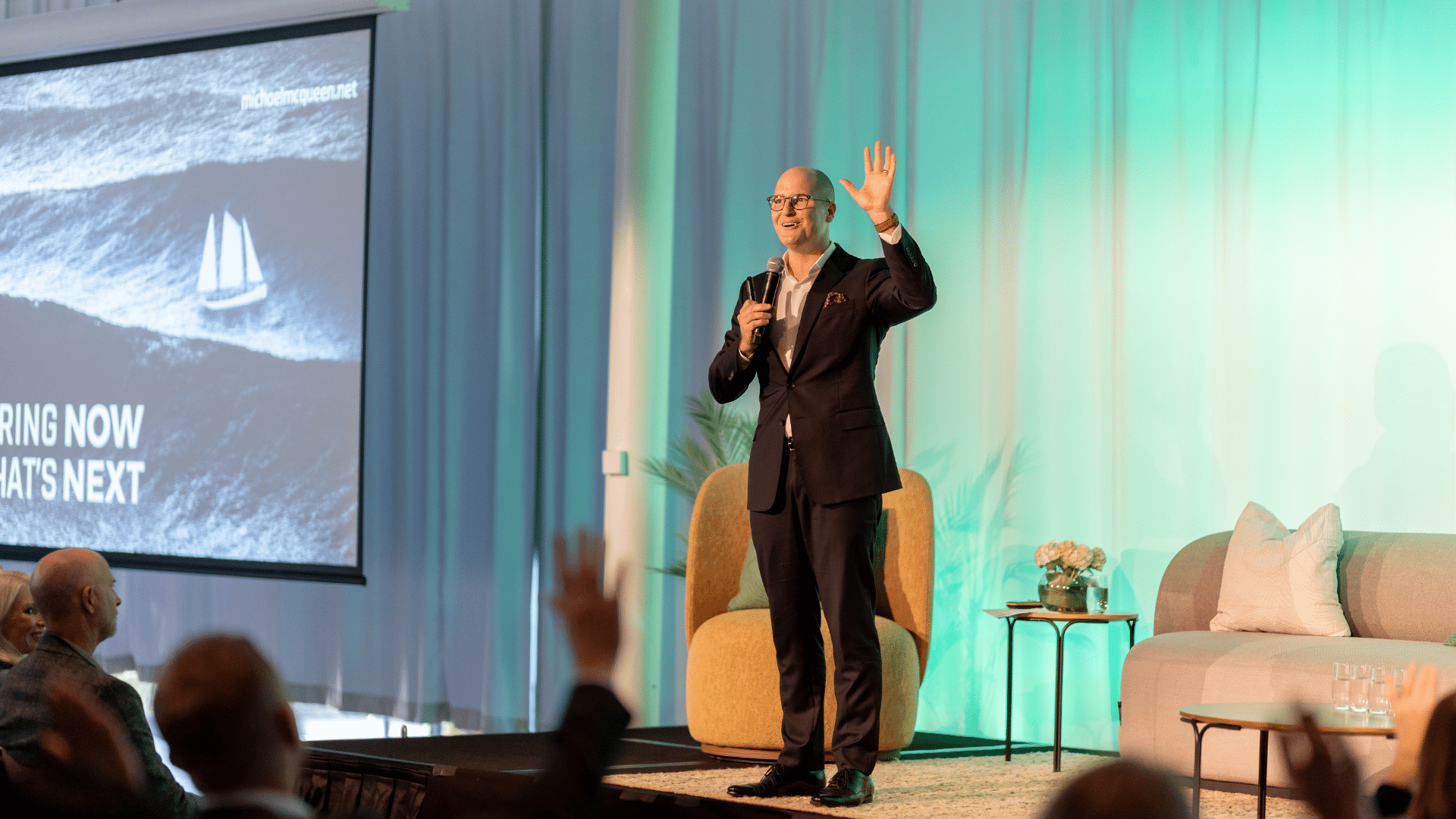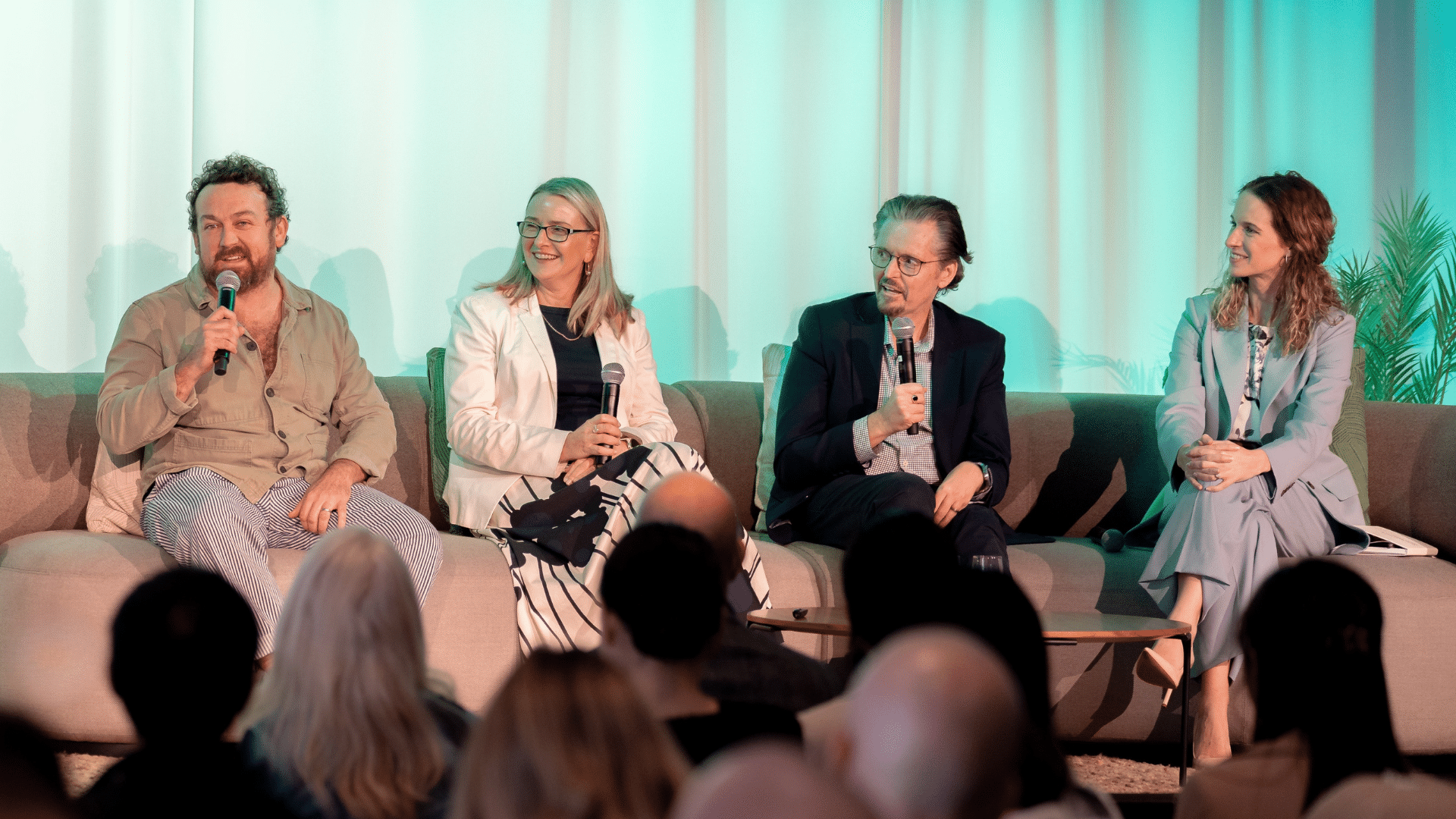
A recent survey of 3400 professionals across the US, UK, Australia, and Canada uncovered that 30% of people surveyed felt lonely at work every day, with feelings of overwhelm (35%) and struggling to connect with colleagues in a remote environment (30%) being the main causes.
In recent years, the office environment has evolved from being mostly in-person, to a hybrid, synchronous blend of working styles and communication. Whilst the ability to work from anywhere has accelerated due to the pandemic, workplace strategies to manage this change haven’t been implemented at the same pace, and it’s impacting employees.
For many, coming to the office can be a break from the stresses of home life. It’s also an opportunity to socialise with people outside of the family unit and for some, it may be the only social interaction they experience.
It’s the role of empathetic leaders to nurture the mental health of their employees, and by extension, the success of their business, by providing a workplace that fosters psychological safety, connection and empowers staff to be at their best. The foundation for this starts with a well thought-out workplace strategy that meets the current and future needs of teams.
Nurturing wellbeing at work
Loneliness isn’t solely due to an absence of people, but rather the absence of connection. Providing a space for our people to forge relationships and regularly connect, enriches their lives and that’s invaluable to their wellbeing and to the business.


